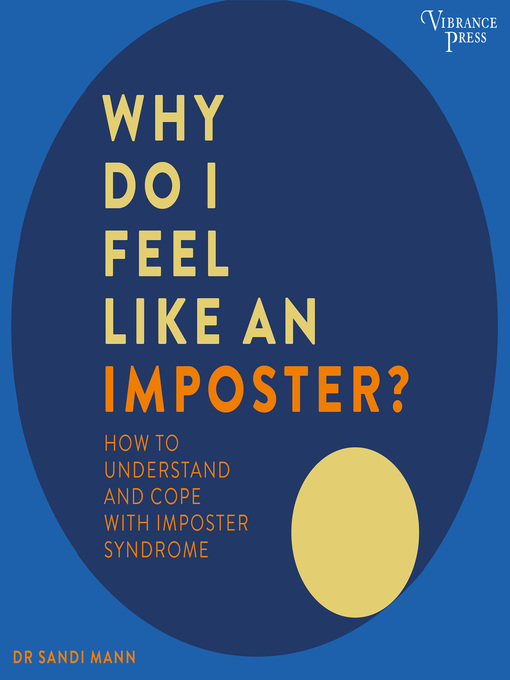All of us, at one point or another, have questioned our capabilities and competence. Maybe you've wondered how you got hired and, handed big job responsibilities? One recent article suggested that 70% of people "will experience at least one episode" of IS in their lives.
Imposter Syndrome (also known as imposter phenomenon, fraud syndrome, or the imposter experience) is a concept describing individuals who are marked by an inability to internalize their accomplishments and a persistent fear of being exposed as a 'fraud'. The term was coined in 1978 by clinical psychologists Pauline R. Clance and Suzanne A. Imes. Despite external evidence of their competence, those exhibiting the syndrome remain convinced that they are frauds and do not deserve the success they have achieved. Proof of success is dismissed as luck, timing, or as a result of deceiving others into thinking they are more intelligent and competent than they believe themselves to be.
-
Creators
-
Publisher
-
Release date
September 10, 2019 -
Formats
-
OverDrive Listen audiobook
- ISBN: 9781624616839
- File size: 129348 KB
- Duration: 04:29:28
-
-
Languages
- English
-
Reviews

Loading
